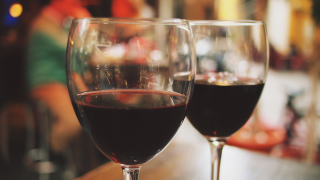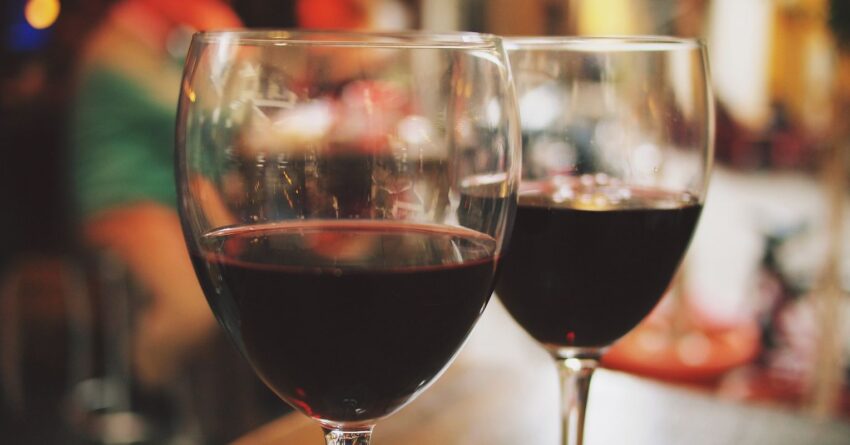
Source: Daria Nepriakhina / Pixabay
Every late-November through December we are encouraged—sometimes even pressured, directly and indirectly—to celebrate the holidays that mark each year’s conclusion. Yet for most people, the holiday season is a mixed bag of experience that can range from the beautiful to the brutal—a combination of light and dark, with varying degrees of stress, joy, sorrow, connection, and loss.
The holiday season revolves around unrelenting themes of gratitude, abundance, and celebration. After all, it’s supposed to be “the most wonderful time of the year.” However, for many it’s anything but wonderful, and major holidays—especially those that emphasize family and social connection—can precipitate profound experiences of disappointment and emotional distress related to unmet expectations, significant losses, and other serious life changes.
There can be a considerable chasm between what your family members, friends, and co-workers desire, including implicit or explicit demands to get in “the holiday spirit,” and what you, as an individual, want and need for yourself. This combination of messaging, expectations, and lived experience can be confusing and disequilibrating for many people, but for those in recovery from addiction to alcohol and other drugs, such stresses can have dire consequences that include relapse and overdose.
For people in or seeking recovery, 12-step programs provide a widely available and remarkably effective support system by surrounding them with people who have gone through and are going through the same struggles. Having access to the knowledge and experience of others who have built successful recovery for themselves and remained abstinent through all manner of life challenges is an invaluable resource—especially during difficult, stressful times such as the holidays.
12-step programs create an environment that promotes emotional safety, where people have the experience of feeling understood and accepted. For people recovering from addiction, who often feel so different from that and struggle with anxiety, fear, sadness, depression, guilt, shame, and loneliness—especially in relation to activities that feature drinking and perhaps other drug use—this is a very big deal.
- If you find yourself becoming caught up in thinking about potential holiday temptations that can threaten your recovery, bring to mind the axiom of taking life one day at a time and make sure to share such concerns with your sponsor and others in your recovery support system.
- Research the 12-step activities during the holidays that are planned for your area. In many communities, NA and AA meetings are available seven days a week, 365 days a year—including holidays. Many, if not most areas have beefed up schedules of activities that often include marathon (24/7) meetings as well as gatherings/parties on or around the holidays to provide recovery-specific support and connection.
- Make plans to spend additional time with friends and others in recovery by hosting them, going out for a meal, or even just coffee/tea/hot chocolate.
- Practice mindfulness by being consciously aware of any emerging urges or cravings to use alcohol or other drugs, and know that these are normal and natural and that they will pass. Most cravings last 15-20 minutes before dissipating.
- Keep contact information for your recovery support circle readily available so you can reach out to multiple recovering people as necessary for support in the event you experience strong urges/cravings to use.
- Spend time and energy connecting with and being a supportive resource to those who are newer to recovery than you are, especially “newcomers” with little time and experience who may have never gone through the holidays in recovery. As the saying suggests, we keep what we have by giving it away.
- Practice self-acceptance by accepting yourself as you are, giving yourself permission to skip holiday gatherings/events where drinking or other drug use is likely, rather than attempting to “test” yourself.
- Practice mindfulness of emotions by consciously acknowledging any feelings of loss, sadness, or anger related to missing such activities, even when they have real potential to place your recovery at risk. Notice those feelings, observe them, and be present with them.
- Practice self-compassion by acknowledging that this is an experience of loss, distress, or suffering, and that all people experience discomfort and suffering—it is simply part of our shared humanity.
- In the event you must go to an event where there will be drinking, if at all possible take someone from your recovery support system.
- Practice conscious contact with gratitude for the gifts of recovery, including the capacity to be fully present and emotionally available, which being clean/sober confers.
- Allow yourself to fully appreciate the contentment, joy, and beauty that become available when you celebrate the holidays with a clear mind and an open heart, without even the possibility of concerning under-the-influence behaviors or hangovers.
It’s important to know that the holidays don’t have to feel like a celebration. You can give yourself permission to simply be where you are emotionally. Give yourself a break by letting go of the need to meet the expectations of others. Be conscious of your evolving needs for emotional and physical space, and give yourself the gift of that space as necessary.
Getting through the end-of-year holidays while maintaining recovery, especially for people newer to this life-changing process, is an important accomplishment—one worthy of celebration in its own right.
Copyright 2023 Dan Mager, MSW
